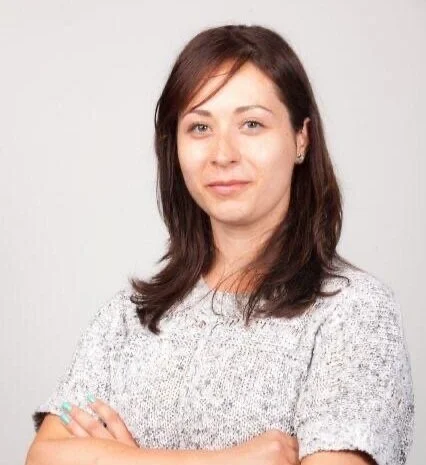TOTW: International Women in Engineering Day 2020
International Women in Engineering Day (IWIED) occurs annually on the 23rd June. In honour of this, we have a series of eye-opening interviews with inspiring women currently working in the engineering sector.
What is International Women in Engineering Day?
Image: Nike Akinfenwa
International Women in Engineering Day was launched by the Women’s Engineering Society (WES) as a way to celebrate the outstanding achievements of female engineers across the world. The day is also designed to raise awareness and encourage the consideration of engineering as a profession that is suitable for everyone and anyone.
This is the seventh year of IWIED, and this year’s theme is ‘Shape the World’. There will be a series of virtual events featuring a range of interesting keynote speakers. But perhaps most importantly the event encourages individuals to utilise some of the resources on their website to help them celebrate and raise awareness on a personal and individual level.
Click here for more.
Women in Engineering: Key Statistics
The following statics are taken from the Engineering UK: Engineering Brand Monitor 2019 report and Engineering UK report :2019 update key facts and figures outlines the continued gender disparities in the engineering sector.
While women comprised 47.1% of the overall UK workforce in 2018, only 12.% of workers in engineering occupations were female.
The median salary in annual gross pay for full-time employees across all professional engineering occupations was 18.7% higher for men.
Across all levels of study, female engineering and technology graduates earned less than their male peers.
Engineering and technology graduates who are female or from a BME background were less likely to be in engineering occupations or employed within the engineering sector than their male or white counterparts.
Children and Engineering: Key statistics
The following statics from Engineering UK: Engineering Brand Monitor 2019 report and Engineering UK report :2019 update key facts and figures, demonstrates the need to spread more awareness about the profession but also highlights that there is a, troublingly and sizeable gender difference, with boys being far more likely to consider a career in engineering.
Just 23.6% of young people aged 11 to 14 and 25.5% of those aged 14 to 16 reported that they understood what it is that people working in engineering do.
70% of boys aged 7-11 said they would like ‘a little’ or ‘very much’ to become an engineer when they were older, compared to 49% of girls.
46.4% of girls aged 11 to 14 would consider a career in engineering, compared to 70.3% of boys.
42.0% of girls aged 14 to 16 would consider a career in engineering compared to 66.0% of boys.
25.4% of girls aged 16 to 18 would consider a career in engineering compared to 51.9% of boys.
22.2% of students choosing Physics as an A-Level in 2018 were female.
While girls are underrepresented in STEM subjects at both GCSE and A level, they tend to outperform boys in examinations at both levels of study. This is particularly apparent in GCSE design and technology, where 75.0% of girls achieved grades A*-C/7- 4 compared to 55.3% of boys.
Click here for more useful statistics.
With other professions, such as law and medicine making progress in closing the gender gap, it’s important that a collective effort is being made to resolve the gender issues in engineering. Key to this is dismantling the stats which prove that girls are far less likely than boys to consider a career in engineering.
FLO London is a place for education, learning and collective responsibility. As a woman who works in the field of engineering, I feel compelled to use this platform to encourage more women to delve into the field of engineering.
Engineering is often described as ‘the action of working artfully to bring something about.’ It’s time we take heed of these words and shape a better world.
Click here for our interview with civil engineer Lauren Sneddon.
Words by Maawura Totoe
Image: MTotoe







